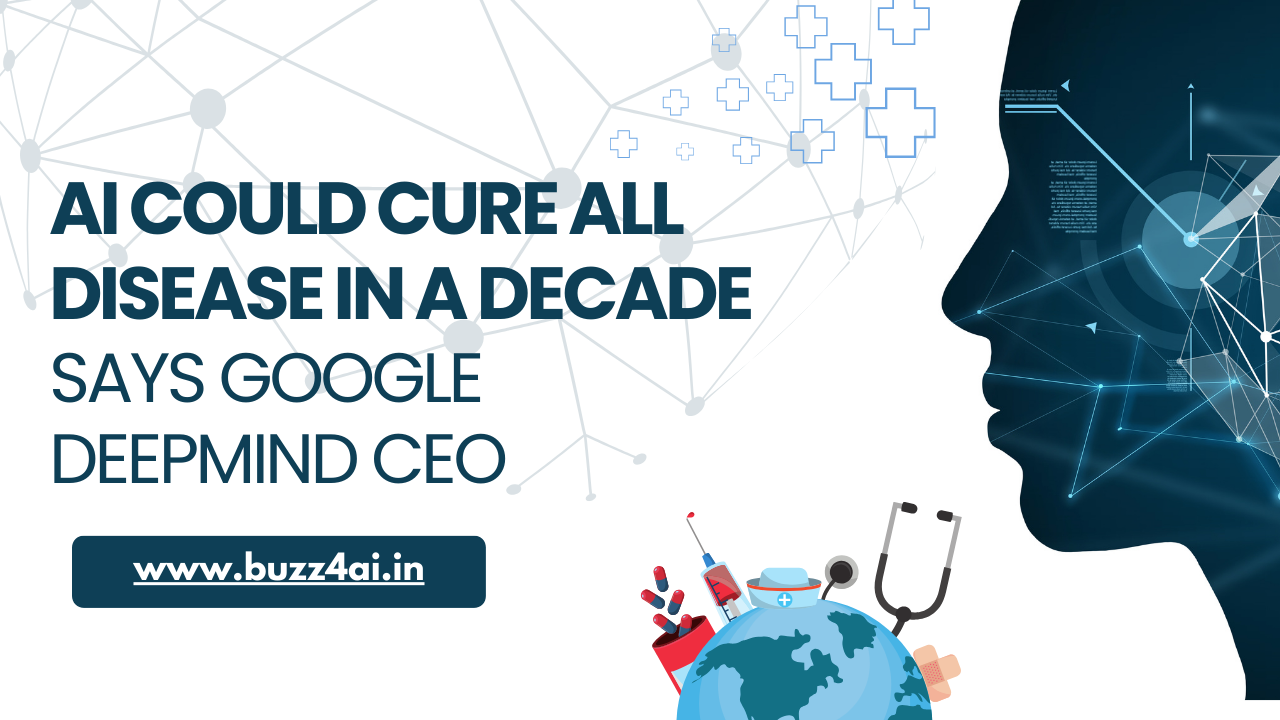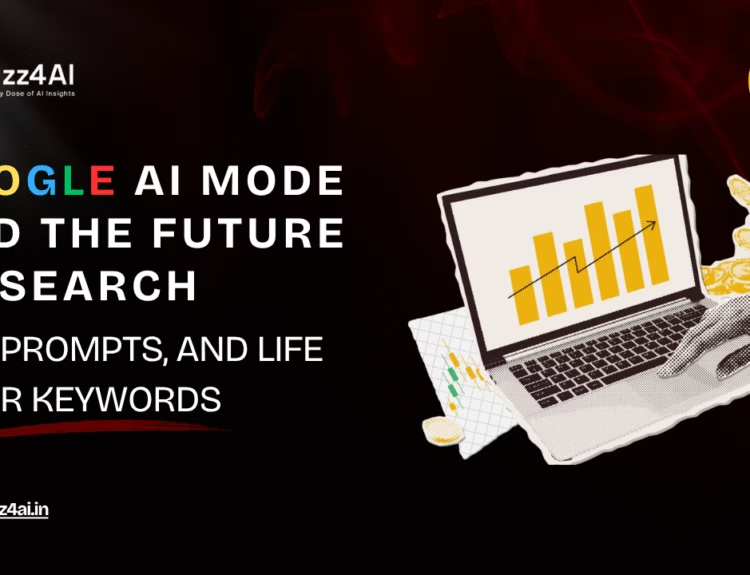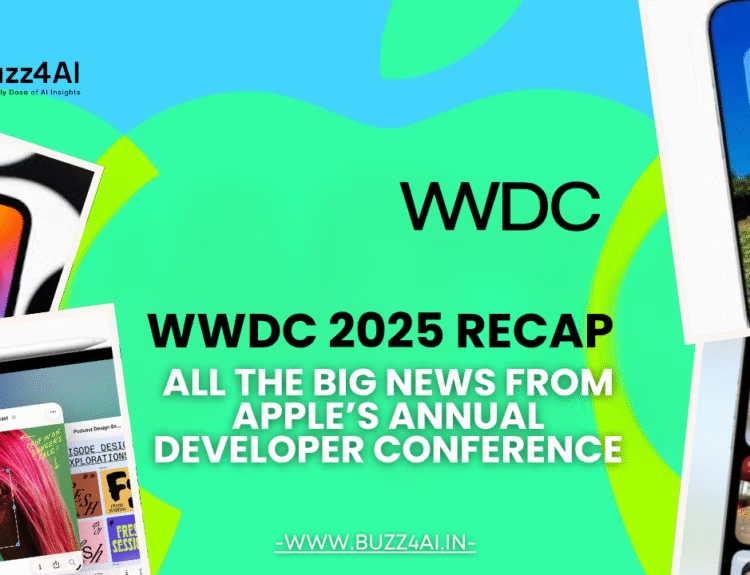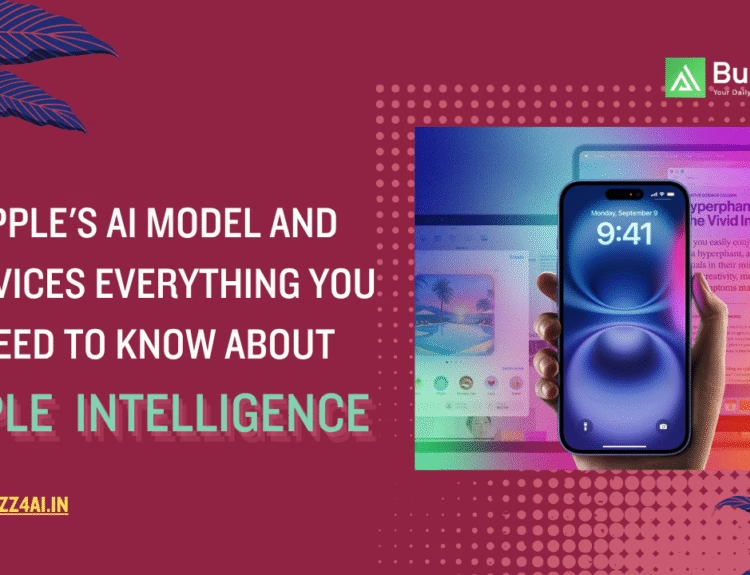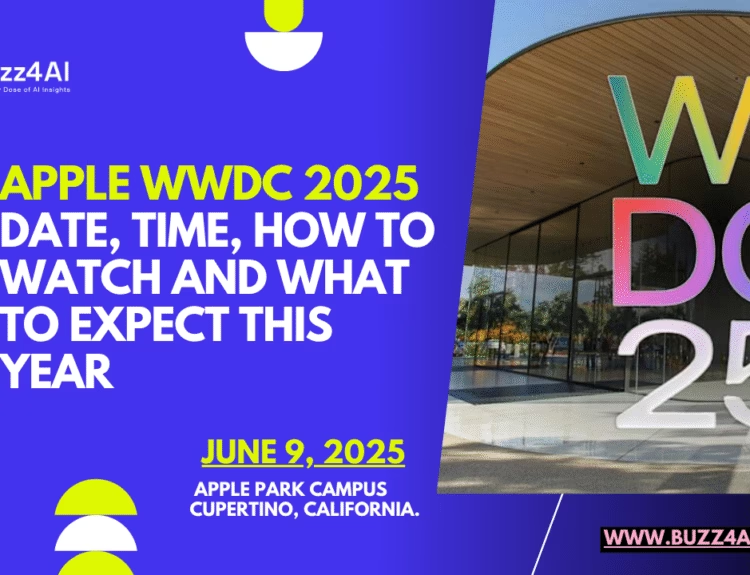As one of the leading voices in AI and biomedical research, Demis Hassabis from Google DeepMind claimed that in ten years AI will be able to eradicate all diseases and will significantly reduce the time it takes to discover drugs.
Hassabis shared these views during a global health conference, outlining how AI is poised to revolutionize medicine at every level — from diagnostics and drug discovery to personalized treatments.
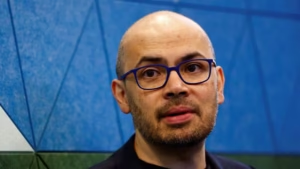
Google DeepMind CEO Demis Hassabis says AI will be able to cure all diseases in next 5 – 10 years
AI Did One Billion Years of PhD Time in One Year: Hassabis
Hassabis Also stated that his current AI was able to complete a billion years of PhD time in 1 year by mapping 200 million protein structures. To highlight the computational power of AI brings to science, Hassabis explained that AI models have achieved higher PhD level research time-in just one year.
This comparison demonstrates not just speed, but scale. Human scientists take decades to discover the drugs for analyse the protein structures. While AI models done this in just a year. A milestone that could unlock cures for diseases is ranging from cancer to Alzheimer’s.
Speaking to LinkedIn CEO Reid Hoffman recently, Hassabis said, “So we did a billion years of PhD time in one year. That used to take a PhD student, their entire phd, as a rule of thumb, to discover one protein structure. So, four or five years, and there’s two hundred million proteins known to science, and we folded them all in one year. And if we know the function, then we can understand what goes wrong in disease. And we can design drugs and molecules that will bind to the right part of the surface of the protein, if you know this structure. So it’s a fascinating problem.”
Is AI Poised to Revolutionize Medicine?
According to the ET reports, in a CBS 60 minute interview on artificialintelligencenews.in (Instagram) with Scott Pelley, Hassabis Said on inside that it sounds more like science fiction than fact. You also forecasted that a I can your all illness in the coming decade. It takes on average 10 years and billions of dollars to develop chest one drug.
Companies like Google DeepMind, OpenAI are investing heavily in AI-powered healthCare problems. The success of models like AlphaFold suggest that AI will not just assist in medicine, it may fundamentally transform how we understand and treat human health.
AI moves closer to becoming a true partner in scientific exploration
While current AI systems remain constant by limitations in curiosity and intuition. But in future AI does not just to solve scientific problems it identifies them.”In the next 5 to 10 years”, Hassabis predicts, We’ll have systems that are capable of coming up with new hypothesis in science on their own.” This kind of innovation marks upgradation in scientific discovery, Shifting the role of AI from a tool to a co-discover.
The growing role of AI in medicine and healthcare is visible in multiple domains:
- Early Diagnosis : AI systems are now detecting diseases like cancer, diabetes and heart conditions more accurately then ever before.
- Drug Discovery : Algorithms can simulate chemical reactions and bring a drug to a market.
- Personalized Medicine : AI treatments based on individuals genetic, lifestyle and medical report data increasing success rates and minimizing side effects.
All of this supports Hassabis’ prediction that AI could potentially cure all diseases in the next decade — if implemented responsibly and at scale.
Hassabis Highlights Key Issues That AI May Pose
Yet Hassabis is not oblivious to the risks that AI may pose.He recognizes two key issues: the abuse of AI by harmful actors and the difficulty of keeping AI aligned with human values. key issues that AI may pose to the medical field and beyond.
- Ethical Concerns : Who owns AI-generated discoveries.? How do we ensure access to AI-generated treatments.
- Data Privacy : healthcare is specially based on personalized data and user needs to enter all their details into AI Models and that’s why data privacy is major issue.
- Misinformation and Trust : AI without transparency can make issue with public trust, specifically when error occurs.
This all are the major issues that AI May pose during its working and because of all this issues AI needs to improve first their models specially that are used for healthcare.
Also Read : How AI is Cracking Medicine’s Most Challenging Drug TargetsAI and the Future of Global Health
The potential for AI to transform global health is insane. From predicting next pandemic to developing cancer vaccines, AI is not just futuristic concept – it is happening now.
Whether it’s improving diagnostic accuracy in rural areas or speeding up vaccine development, the ripple effects of AI in healthcare could save millions of lives and improve the quality of life for billions.
Final Thoughts :
AI won’t cure all diseases overnight, but it might just do it in a decade, as Hassabis believes. What is certain that we are witnessing the beginning of medical revolution by AI.
From mapping proteins to designing drugs, AI has already proved that it can operate it at a scale and speed that never seen before in human history.
For more posts visit buzz4ai.in
